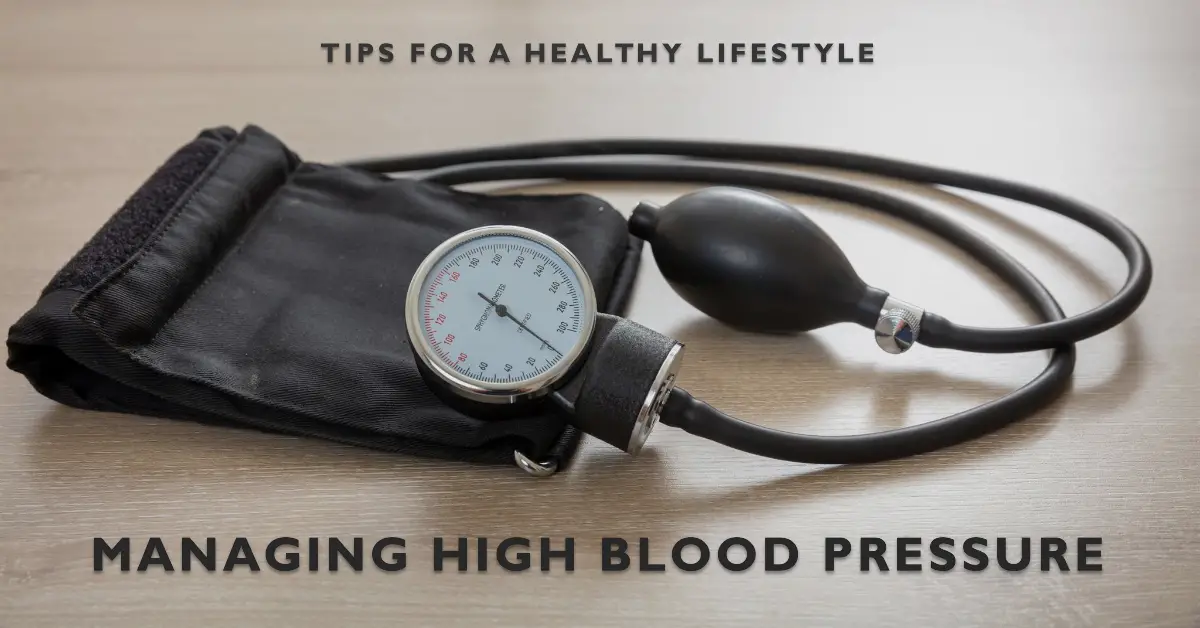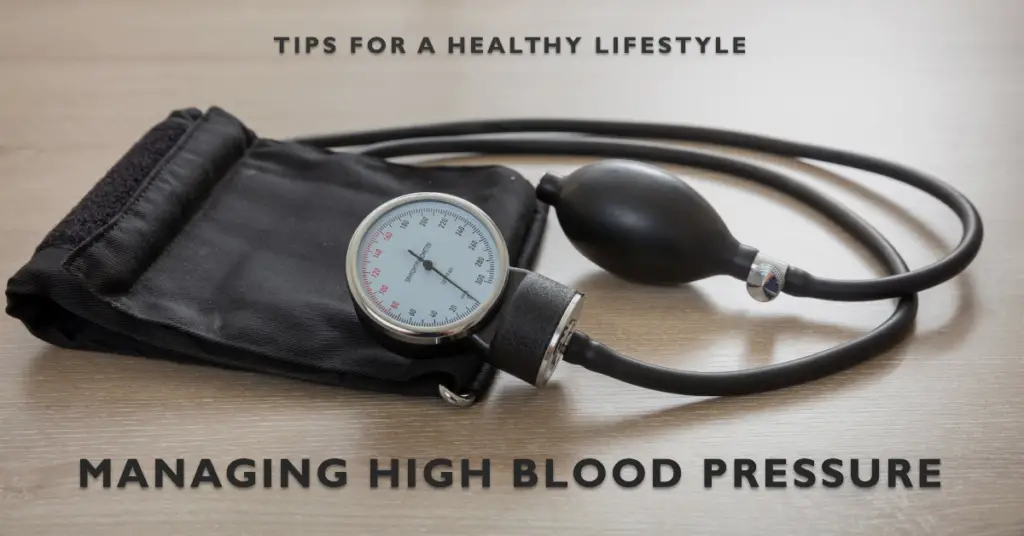
Introduction
High blood pressure, also known as hypertension, is a common condition that affects millions of people worldwide. It is a condition in which the force of blood pushing against the walls of your arteries is too high. This can damage your arteries and increase your risk of heart disease, stroke, and other health problems.

Fatigue, on the other hand, is a feeling of tiredness or lack of energy. It can be caused by many different things, including high blood pressure.
Does High Blood Pressure Cause Fatigue?
The connection between high blood pressure and fatigue is not fully understood. However, it is thought that high blood pressure can make it harder for your heart to pump blood around your body, which can lead to fatigue.
When your heart has to work harder to pump blood, it requires more oxygen. This can lead to a feeling of tiredness or fatigue. Additionally, high blood pressure can damage the arteries, which can make it difficult for oxygen to reach your tissues. This can also lead to fatigue.
Symptoms of High Blood Pressure
High blood pressure often does not cause any symptoms. However, some people may experience fatigue, dizziness, shortness of breath, or chest pain. If you experience any of these symptoms, it is important to see your doctor to get your blood pressure checked.
Treatment for High Blood Pressure
The treatment for high blood pressure depends on the severity of your condition. However, most people with high blood pressure can control their condition with lifestyle changes and medication.
Lifestyle changes that can help to lower your blood pressure include:
- Eating a healthy diet
- Exercising regularly
- Maintaining a healthy weight
- Limiting alcohol intake
- Quitting smoking
Medications that can help to lower your blood pressure include:
- Diuretics
- Beta-blockers
- ACE inhibitors
- Angiotensin receptor blockers
- Calcium channel blockers
Other Possible Causes of Fatigue
There are many other possible causes of fatigue, including:
- Anemia: Anemia is a condition in which the body does not have enough healthy red blood cells. This can cause fatigue, shortness of breath, and pale skin.
- Sleep apnea: Sleep apnea is a sleep disorder that causes breathing to stop and start during sleep. This can lead to fatigue, daytime sleepiness, and difficulty concentrating.
- Depression: Depression is a mental health disorder that can cause fatigue, changes in appetite, and difficulty concentrating.
- Chronic diseases: Some chronic diseases, such as heart disease, diabetes, and cancer, can cause fatigue.
Here are some additional tips for managing fatigue:
- Get enough sleep. Most adults need 7-8 hours of sleep per night.
- Eat a healthy diet. Make sure to eat plenty of fruits, vegetables, and whole grains.
- Exercise regularly. Exercise can help to improve your energy levels.
- Manage stress. Stress can contribute to fatigue. Find healthy ways to manage stress, such as yoga, meditation, or spending time in nature.
Conclusion
If you have high blood pressure and are experiencing fatigue, it is important to talk to your doctor. They can help you to determine the cause of your fatigue and recommend treatment options.




